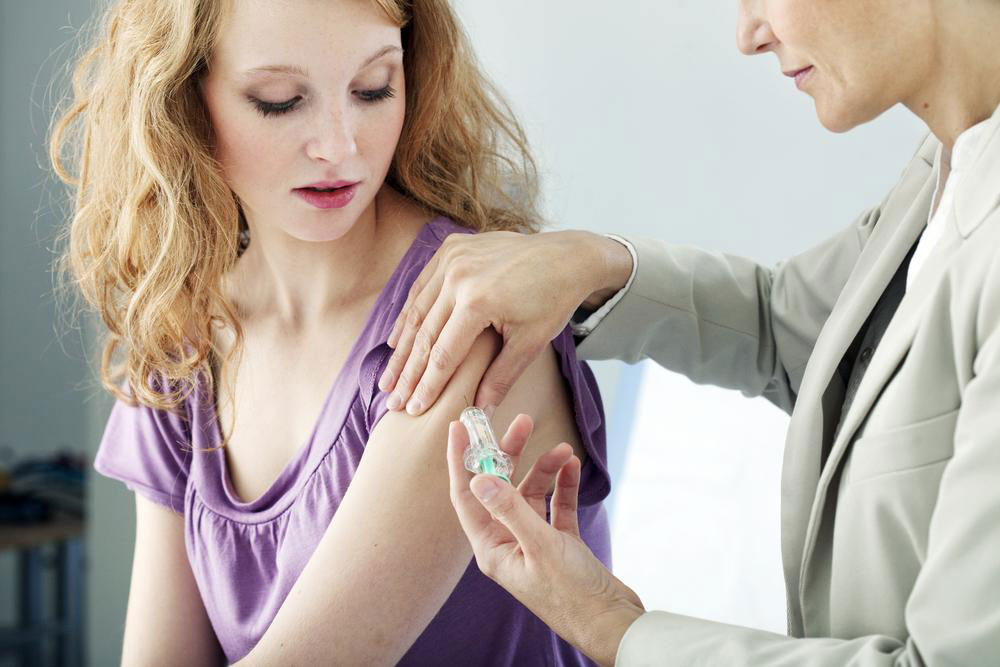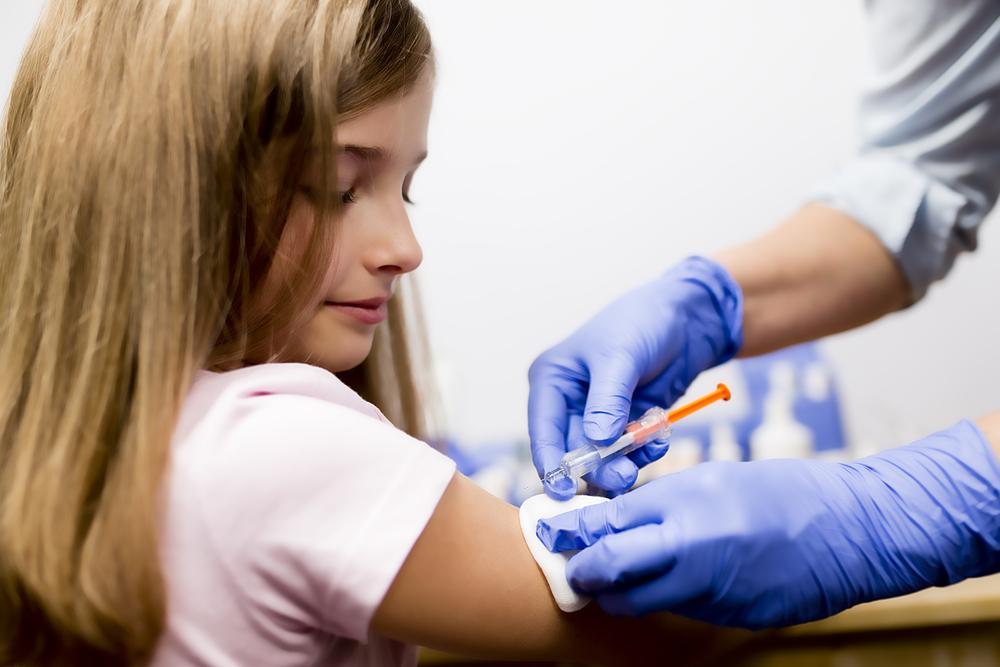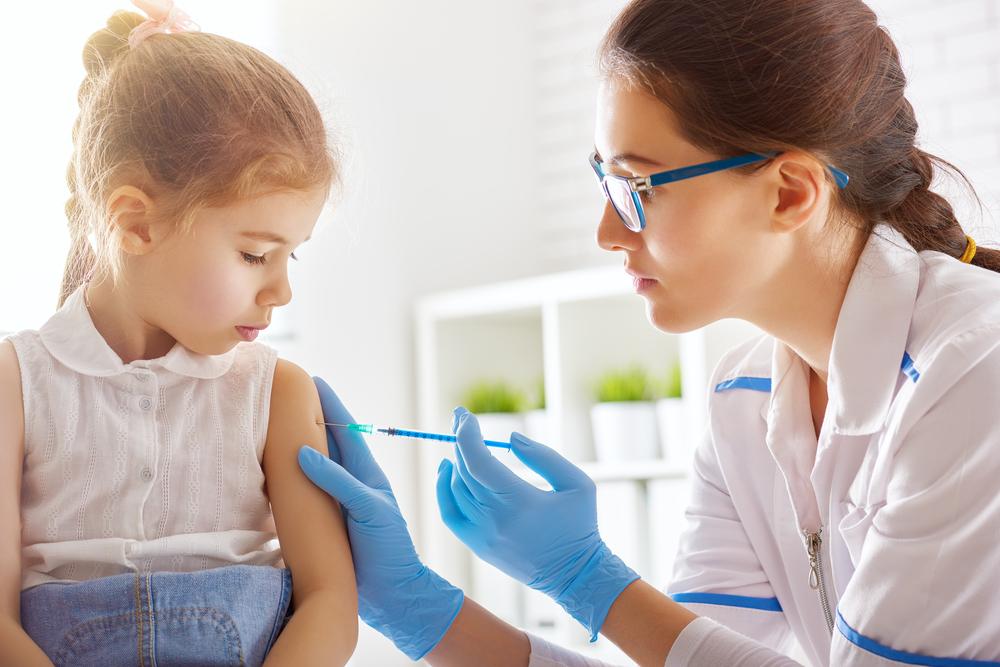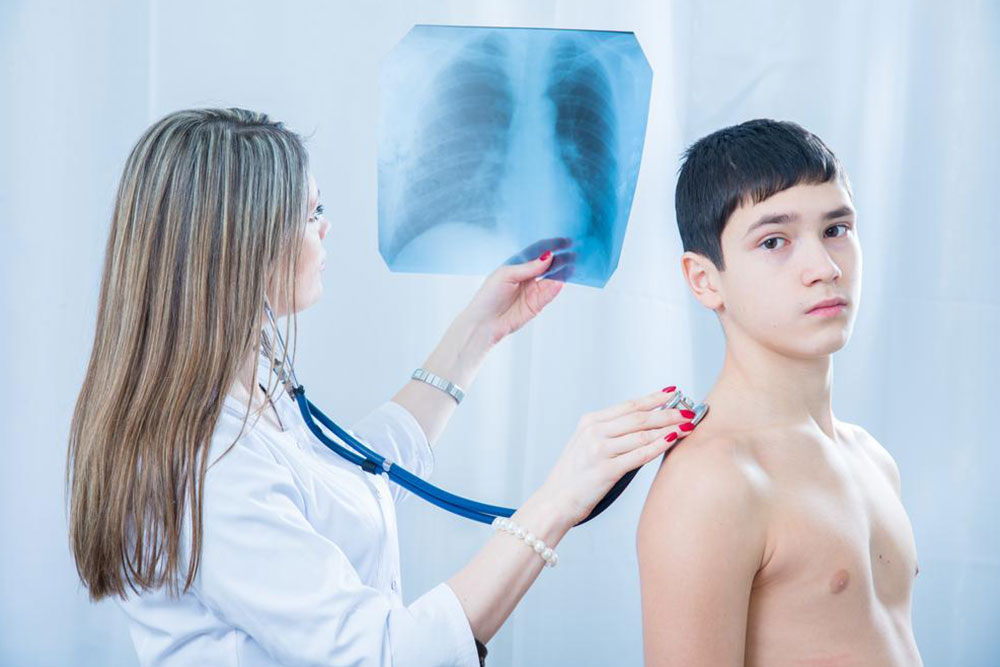Importance of Pneumococcal Vaccination for Vulnerable Groups
This article highlights the importance of pneumococcal vaccines, especially for vulnerable groups like children, seniors, heavy drinkers, and smokers. It discusses the safety, effectiveness, and who should consider vaccination to prevent pneumonia and related complications. Understanding these aspects helps individuals make informed decisions about their health and immunization needs.

Importance of Pneumococcal Vaccination for Vulnerable Groups
Pneumococcal vaccines play a crucial role in preventing pneumonia and reducing associated risks. There are two main types: conjugate and polysaccharide vaccines. Usually, a combination ensures maximum protection against bacteria, fungi, or viruses. These vaccines are considered highly effective, with success rates from 71% to 93%, and are among the safest globally, with minimal side effects. Generally, children and seniors over 65 need immunization, but certain adult groups, such as heavy drinkers and smokers, may also require it due to weakened immune defenses or lung damage.
Individuals who have undergone major surgeries or spent time in ICU on ventilators are more susceptible to pneumonia and should consider vaccination. Since pneumococcal vaccines are extremely safe, severe side effects are rare, occurring in less than 1% of cases, usually as mild soreness or fever. With safety and efficacy, vaccination can significantly lower pneumonia risks, especially for those over 65 and individuals with heightened vulnerability.










